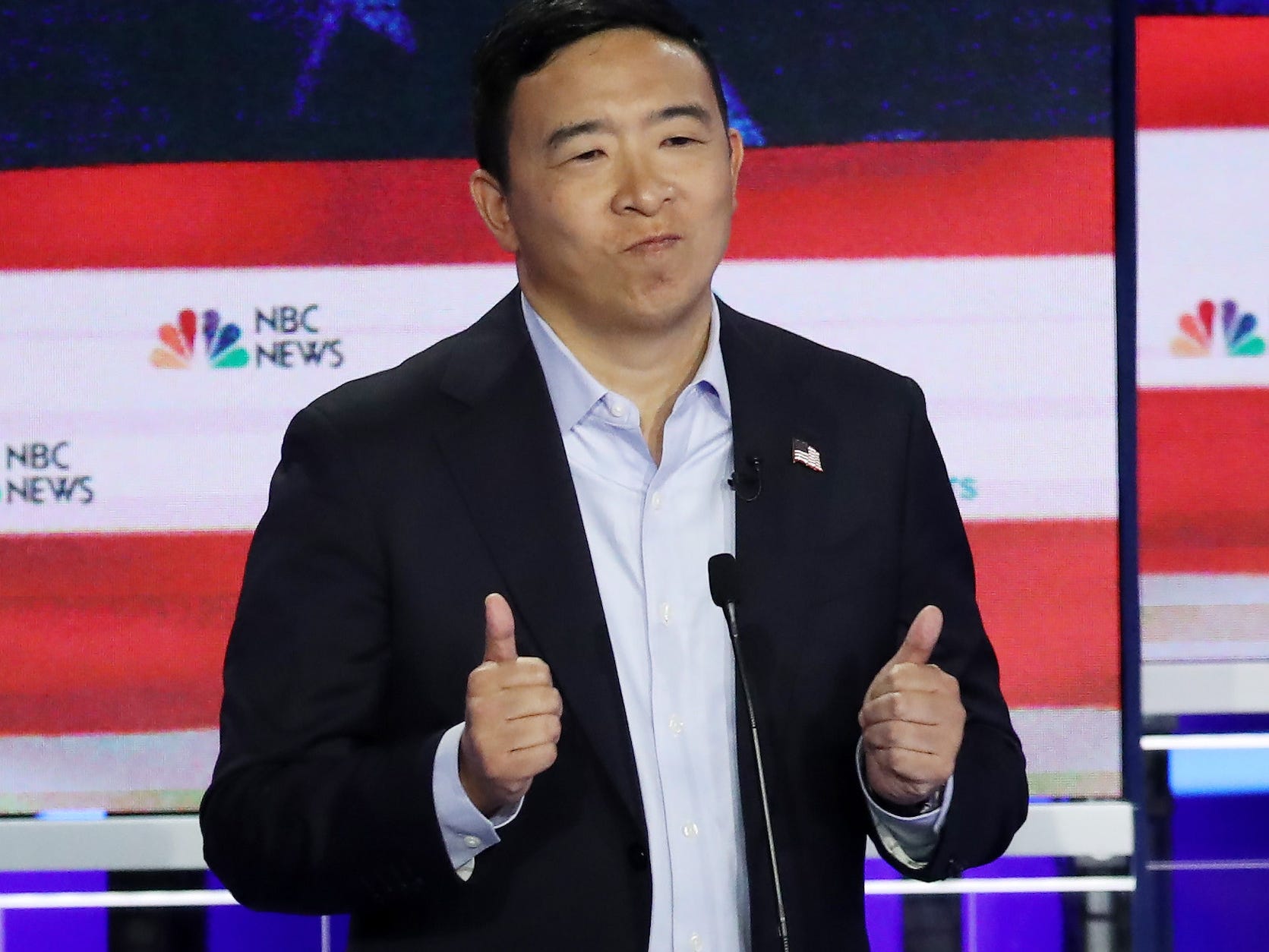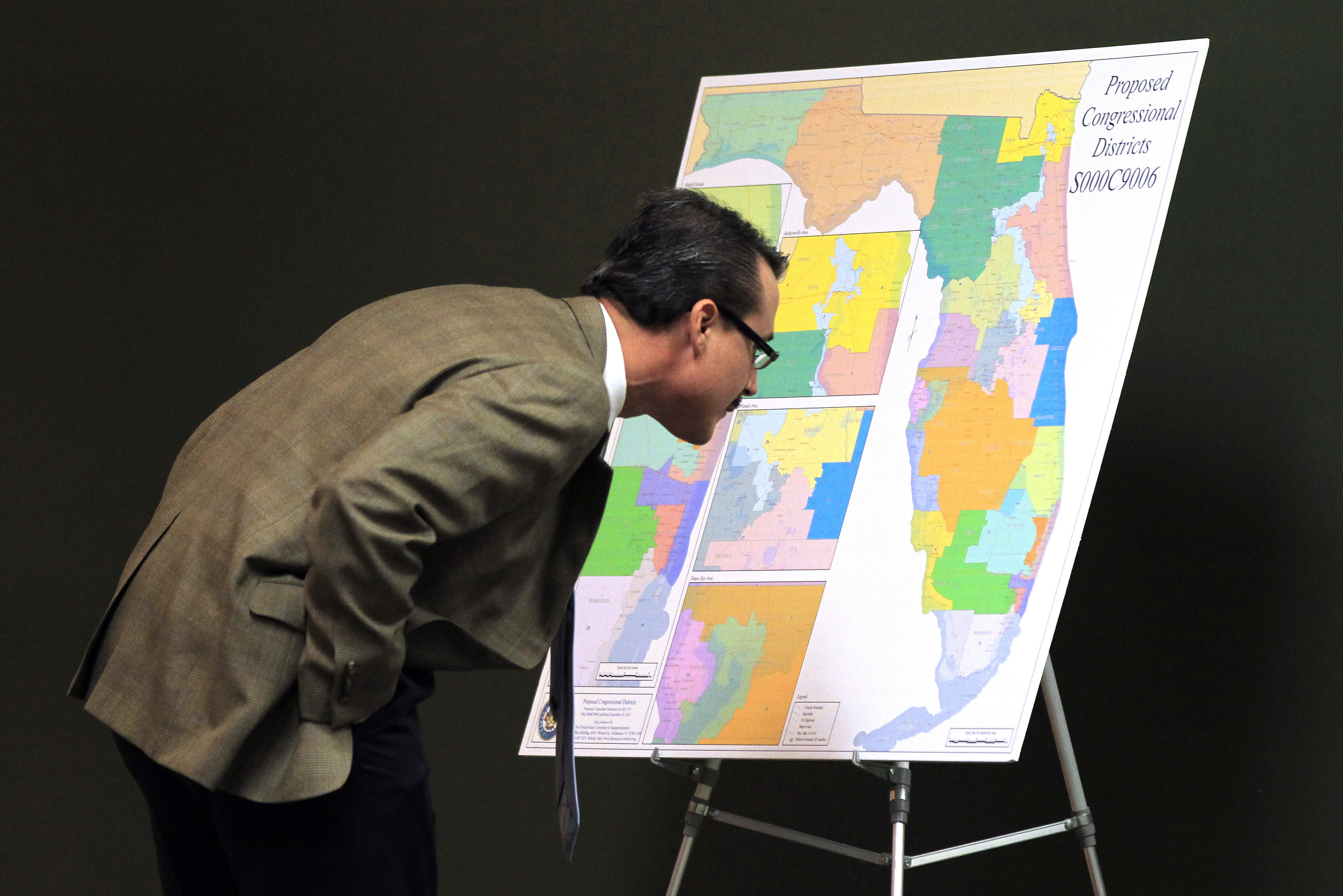By Emma Watson
TLDR: Universal basic income (UBI) has been a part of the political conversation since the Revolutionary War, and it continues to surface. UBI is the indiscriminate, periodic, and unconditional cash payment to every individual in a society that can be used without restriction.
Many have argued that it is a means of stimulating the economy, promoting socio-economic mobility, and valuing labor. Others argue that it is largely ineffective, regressive, and economically unviable.
Former 2020 Presidential candidate Andrew Yang has brought universal basic income (UBI)—or, as his focus groups have recommended he call it, the Freedom Dividend—to the forefront of political conversation. And while Yang and his catchy policy proposal are considered to be among the most unconventional and the most innovative of what is circulating on the 2020 debate stages, the idea of UBI is far from new in American politics.
One of the most significant arguments against UBI is that it undermines the American ideal that we, as people of this country, have to work for every dollar we earn—that nothing is free. So it is ironic that one of the people who constructed this nation 250 years ago was one of the first to propose a UBI system. Founding Father Thomas Paine thought it was common sense to think of wealth as common property. Inspired by the Iroquois tribe, he authored Agrarian Justice, which applied the philosophies of the Iroquois way of life to modern political systems of the time. This text outlined his idea that as stewards, and not owners, of the earth, everyone is entitled to a share of the prosperity garnered from it. Like Yang, he believed this stipend should be entirely discretionary and given freely, regardless of income or need.Â
Paine’s ideas have resurfaced throughout history. In the mid-nineteenth century, a Belgian renaissance man by the name of Joseph Charlier championed a “guaranteed minimum income.†Like other economic and political pundits at the time, he observed that the unequal distribution of resources can create a lot of issues. Unlike his peers, though, he wanted to solve the root cause and not its symptoms, so he rejected right-to-work advocates and fell in line with Thomas Paine. Eighty years later, James Meade made the case for a “social dividend,†which he believed would alleviate the effects of poverty during the Great Depression. After Meade, Dr. Martin Luther King Jr. became an advocate for “guaranteed income.†He believed UBI to be a means of reaching racial economic equity.
Its name has changed depending on the politically appetizing vernacular of the day and its purpose accommodates current events and speaker motivations, but the underlying principles are the same. Each version upholds the core tenets of UBI:
- UBI is distributed periodically. It is not a lump sum delivered at one time; it is a set amount of money given in regular intervals.
- UBI is given as money. Unlike other welfare systems, its purchasing power would not be restricted, and it can buy anything.
- UBI is paid to all citizens. UBI is not income or need-based; everyone receives it and everyone receives the same amount with the same frequency.
- UBI is paid individually. Families do not receive money as a unit, and the amount is not greater for a family. Each family member receives his or her own dividend.
- UBI is not conditional. There is no work requirement to earn UBI.
The idea of UBI is to promote equity, starting at birth. If everyone has access to money for basic necessities, then a lot of barriers to achievement have already been eliminated. Alaska’s UBI system has done great work to create equal footing among economic and social actors. The model has demonstrated job growth, increased graduation rates, and it validates jobs that society depends on but that often go unpaid such as child and elderly care. Proponents argue that the stipend is enough money to empower people to do better work, contribute to society more widely, and affirm the necessity of underappreciated labor; it is also a small enough amount of money that it does not incentivize people to leave the labor market.
While UBI has amassed advocates since Thomas Paine first recommended it, skeptics remain unconvinced. Some argue that we should look no further than Finland to find the program’s shortcomings. The Nordic government piloted such a system with 2,000 randomly selected Finns and a host of goals hoping to be achieved, but abruptly cancelled the program, allegedly citing its financial unsustainability. The nation also intended to encourage more low-paid or temporary work and hoped that lessening the stress of financial burdens would promote wellbeing and happiness. And while there was some positive and anecdotal evidence of improvement in quality of life, Finland’s Minister of Health and Social Affairs found UBI’s impact on employment levels to be inconsequential.
Regardless of how you appraise the likelihood or impact of its implementation, Yang’s role in forcing the topic of UBI in amongst more mainstream Democrats is significant. The intrigue of UBI seems to be undying, as are the social and economic dilemmas it hopes to ameliorate. And, while it is unlikely UBI will be debated on the Senate floor any time soon, it is equally unlikely that the conversation ends with Yang’s candidacy.
Emma Watson is in her first year as an MPA-Health student at NYU Wagner. Emma’s area of interest is where social justice intersects public health, and she plans to leverage writing and communication to shape policy, inform communities, and help minority groups advocate for themselves. Her policy and advocacy skills have been leveraged through her roles at Deeds Not Words and the National Academy for State Health Policy.
Photo Credit: Drew Angerer/Getty Images




